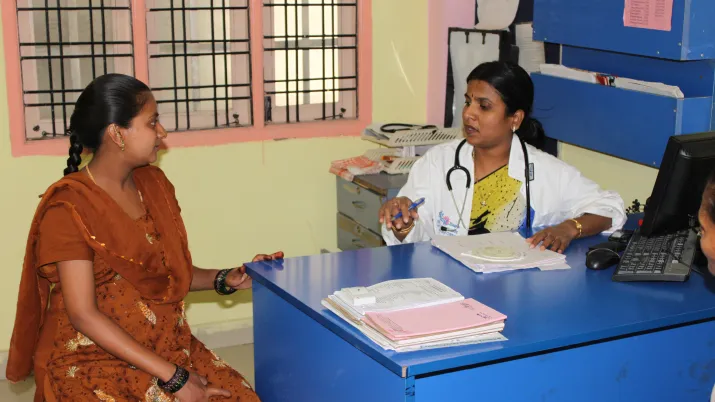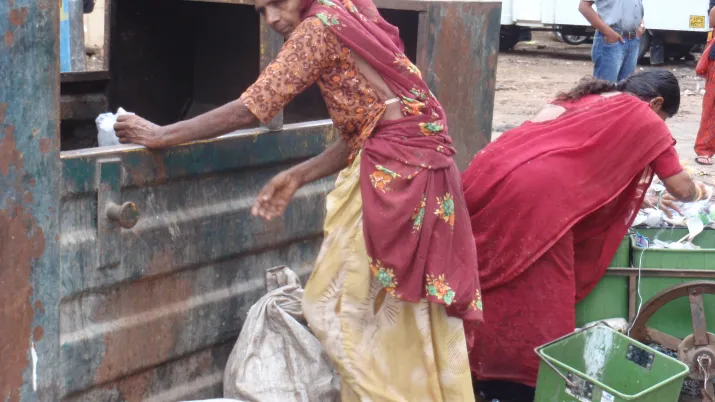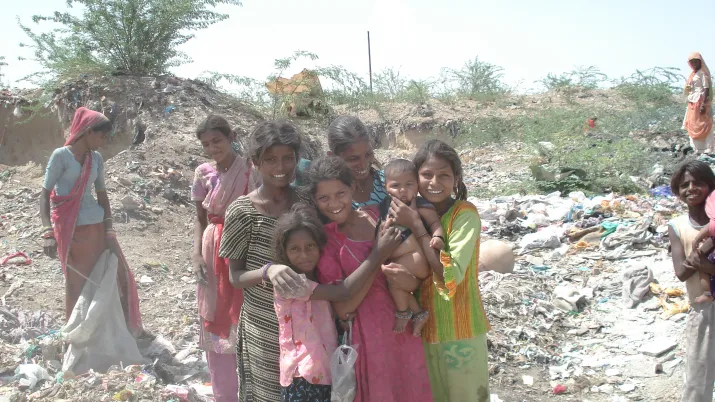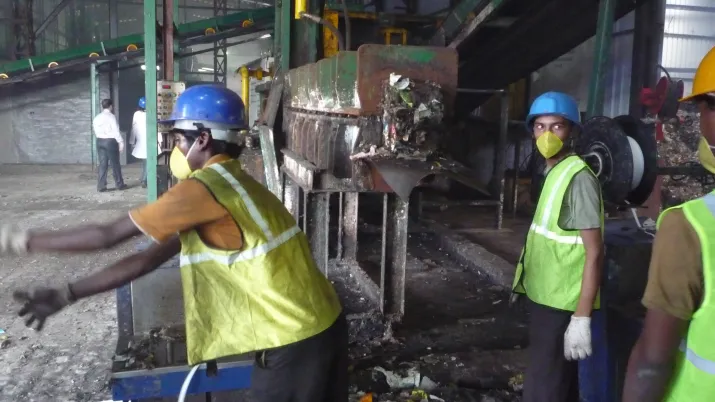News
Contributing elements to success of IPPs in sub-Saharan Africa
Independent Power Producers (IPPs) have contributed to power generation across sub-Saharan Africa, but there is still a long way to go. An analysis of the approximately 30 medium- to large-scale indep...
Published on

Providing low-cost, high quality healthcare for India's poor
LifeSpring provides prenatal care throughout a woman's pregnancy. Its core customer base is those who have a household income of USD 2-5 USD/day. A for-profit organisation - although not profit-maximi...
Published on

Private Sector Opportunities in Developing Country Healthcare
Healthcare demand in Africa cannot be fully met by the public sector. Substantial investment will be needed to meet the growing demand – largely from low and middle-income households, which comprise 7...
Published on

Making the private health sector deliver for the poorest: common sense or blind optimism?
Many international donors propagate the belief that Universal Health Coverage (UHC) can be achieved by enlarging the private health-care sector in low-income countries. Oxfam suggests that there are s...
Published on

Meeting the financing needs of healthcare providers
In developing countries, the health sector is poorly structured and poorly regulated, and health insurance is practically non-existent. This does not encourage risk-taking, yet the financing needs are...
Published on

Partnering for quality healthcare delivery
Good policies for the private health sector are essential to improve the overall performance of the health systems. The private sector provides a large part of health services in many developing count...
Published on

The positive healthcare scenario in Brazil
Brazil's public health system covers all citizens. While it achieves excellent results in certain areas, it often fails to provide basic assistance to many due to a lack of financing. The private heal...
Published on

Improving health outomes by gearing health systems towards universal health coverage
While all countries face health challenges, the situation is most acute in the countries that are home to the “bottom billion”. While still fighting against the major communicable diseases and materna...
Published on

A French bank's vision of the African banking sector's evolution
Far from adopting a wait-and-see approach, Société Générale is pursuing a growth strategy in Africa. While consolidating its offer for underbanked populations, it continues to build working relationsh...
Published on

The rise of local privately owned banks
Local banks in sub-Saharan Africa have real advantages over their foreign competitors. Their growth is leading to greater access to banking services and the emergence of leading companies. As demonstr...
Published on

Renewing the rules for an efficient financial system
Africa’s financial systems have developed and stabilised – a process driven, among other factors, by the emergence of local banks and their capacity for innovation. Although banks are becoming more re...
Published on

Supporting the emergence of a sustainable financial sector in Africa
The last ten years have seen a local banking sector emerge in Africa, alongside the European banks that have traditionally been present. While a development model based on these local resources seems...
Published on

An African banking model
Following the lessons of the pan-African banking groups' expansion, a number of local commercial banks have successfully expanded regionally. They differ from the international banking groups in a num...
Published on

Fostering financial inclusion with mobile banking
Mobile telephony penetration in Africa has increased exponentially over the last decade. contrary, banking penetration remains low on the continent. This contrast paves the mobile banking's success in...
Published on

The renewal of African banking sector
Banking systems in Africa have undergone major changes in recent decades. The emergence of African groups and increased competition have forced the sector to adopt growth strategies based in particula...
Published on

Recycling and innovation in India: PerPETual Global
Each year, around 500 billion plastic bottles are discarded globally. Incinerating them or sending them to landfill increases the levels of pollution generated by the plastics industry. PerPETual Glob...
Published on

Financing waste projects, a challenging opportunity
Governments increasingly seek to rely on the private sector's involvement and financing for improving municipal solid waste management. But, private companies involved in that sector have difficulties...
Published on

Transforming municipal solid waste into a net carbon reducer
While municipal solid waste contributes relatively little to climate change, the waste management sector offers immediate, cost-effective and fast-acting opportunities to achieve substantial cuts in g...
Published on

Integrating the informal sector for improved waste management
In many cities of the developing countries, the informal sector plays an important role in managing municipal solid waste. The informal recovery of recyclables from the solid waste system reduces ove...
Published on

Linking public and private action for sustainable waste management
When it comes to managing waste in developing countries, the private sector can contribute technical skills, organisational capabilities and flexibility. Yet private sector involvement alone will not...
Published on

